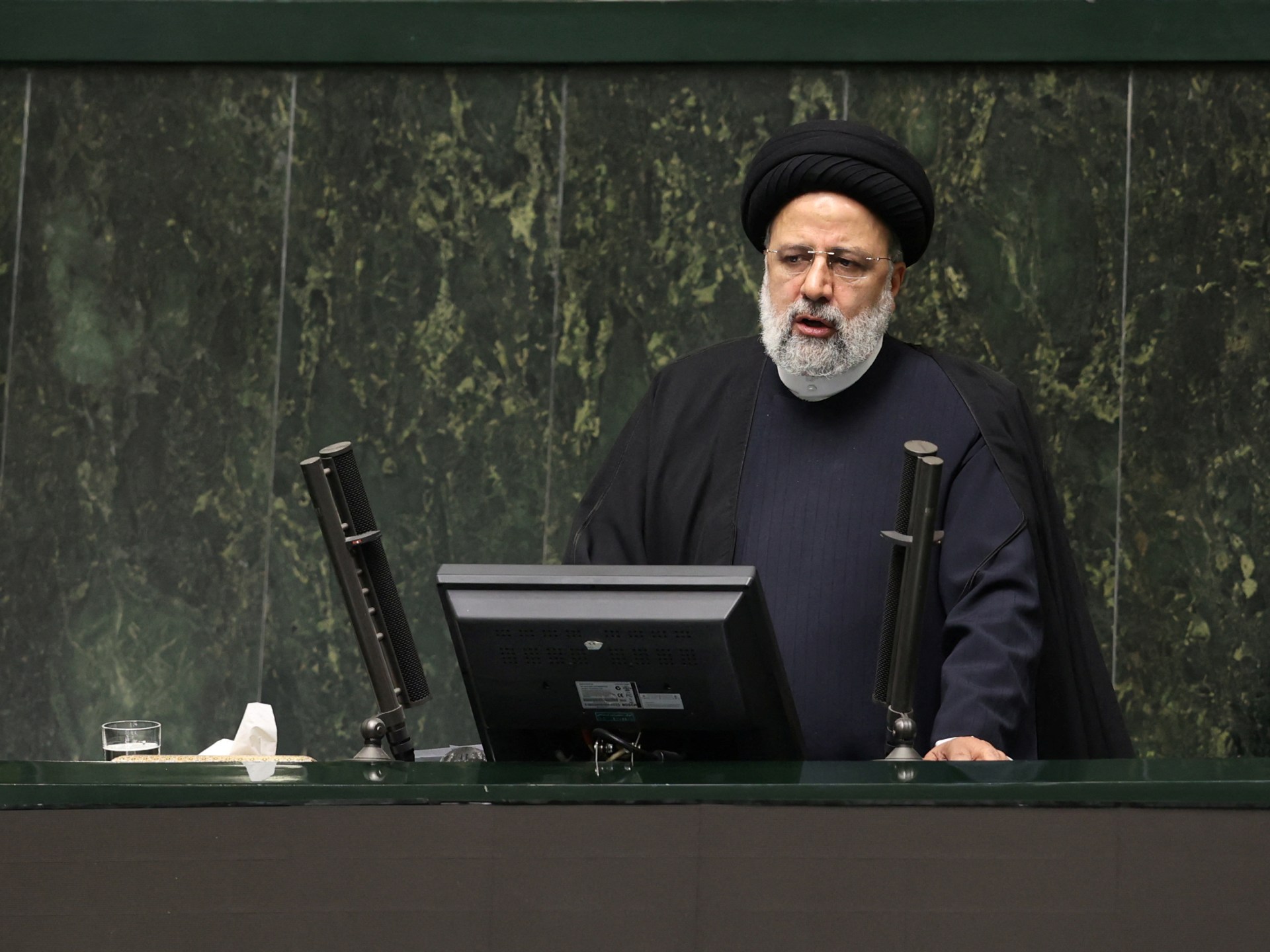Iranian President Ibrahim Raisi said that those he called "enemies" are angry at his country's ability to neutralize the impact of sanctions and export oil, considering that the protests in Iran are part of the "enemy's conspiracies."
Raisi added, "The enemy wanted us not to be able to export oil, but it saw that we were able to do so. It wanted to stop the production wheel, but production increased by 5%. The enemy wanted to stop work, but we were able to create a million jobs since the formation of the government. Riots and sanctions are two sides of the same coin." .”
The Iranian president also said that the government is ready to listen to the demands of the protesters and that it is working to form centers for dialogue with the country's youth, academics and elites.
He said, "The demands of the protests must be listened to, and in the Supreme Council for the Cultural Revolution, we decided to find centers for dialogue, and everyone's opinions must be listened to. We in the government are always ready for that, and I recommended government personnel in all provinces to hold meetings with youth, academics, and elites to hear the people's demands and follow them up."
He added, "With regard to the issue of the veil, the veil was imposed by Islam and is part of the law in Iran. Our women and girls are bound by the law, and there are those who do not wear the veil completely. The solution for them is a social, cultural, and not a security-political solution."
For his part, the US Special Envoy for Iran, Robert Malley, said - in a tweet on Twitter - that the United States can - and should - support the basic rights of the Iranian people.
"At the same time, it can pursue its national interests in the face of Iran's provocative and destabilizing policies," he added.
It is noteworthy that popular protests erupted in Iran since last September, following the death of the 22-year-old girl, Mahsa Amini, while she was in detention by what is known as the "morality police" in Tehran on charges of wearing "indecent dress."
Iran accuses Western powers of fomenting unrest that followed Amini's death, which security forces met with violence that led to dozens of deaths.

